
- Article
- Article
Caring for our Disabled daughter in lockdown
Jane Holmes talks about the challenges of caring for her Disabled daughter while working and trying to stay safe during the pandemic.

- Article
- Article
Finding a cure for homesickness
While technology can mitigate some aspects of homesickness, other components of home are harder to replicate. Find out how 21st-century studies are helping homesickness sufferers find silver linings in their new situation.

- Article
- Article
Between sickness and health
In early 2020, the subject Will Rees was studying – imaginary illnesses – took on a new relevance as everyone anxiously scanned themselves for Covid symptoms each day. But this kind of self-scrutiny is nothing new, as he reveals.
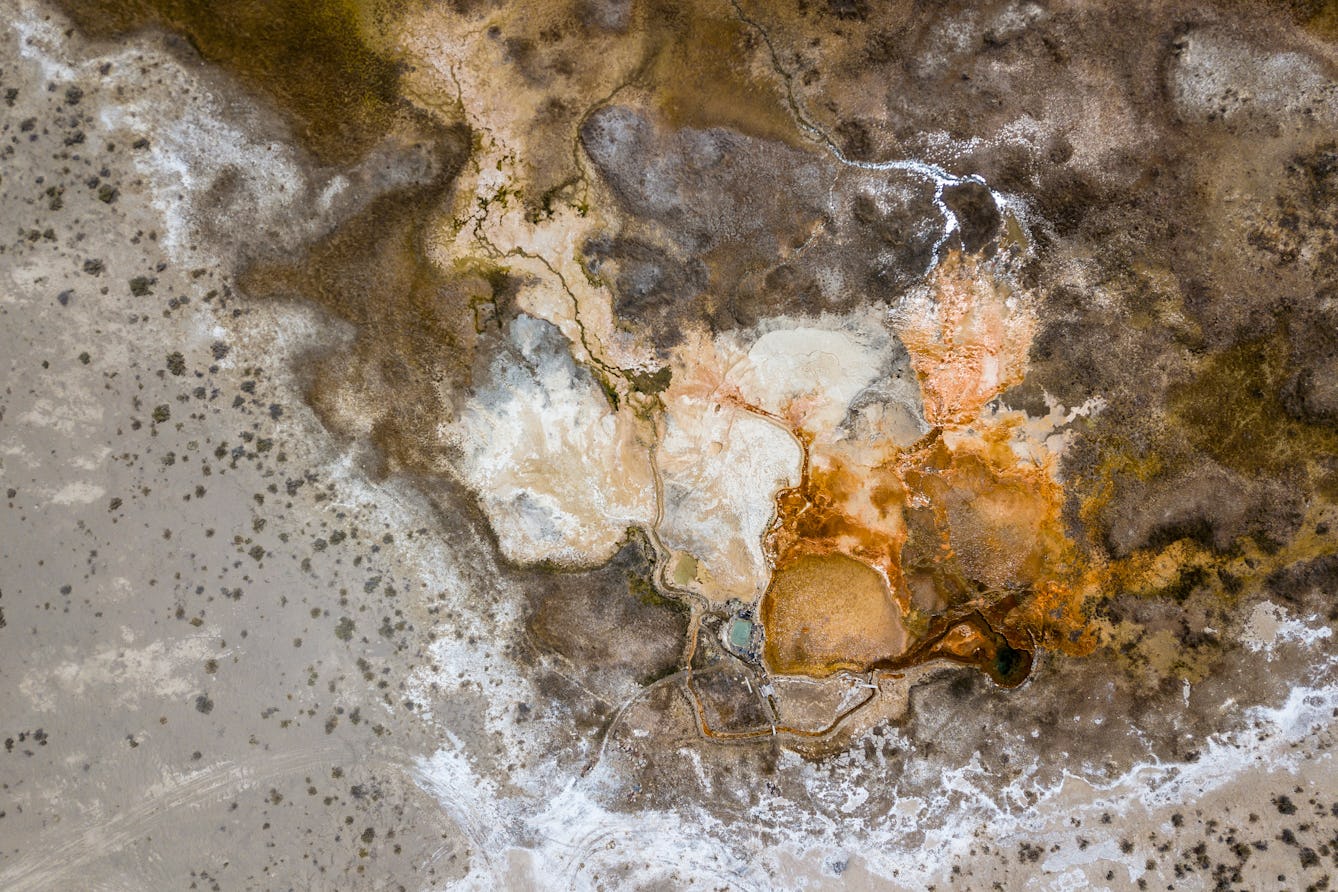
- Article
- Article
The side effects of lithium mining
Laura Grace Simpkins attempts to untangle some uncomfortable truths about the social and environmental costs of making her medication.

- Article
- Article
When depression is worse than physical illness
Chronic physical illnesses can be accompanied by troubling depressive symptoms. Elly Aylwin-Foster urges doctors to treat every aspect of her condition with the same care.

- Article
- Article
The shifting shape of language
Author Jessica Andrews explores how her brother’s deafness has influenced her relationship with words and the world.

- Photo story
- Photo story
Trans masculinity on the record
Curator of the Museum of Transology in Brighton E-J Scott tells the story behind a few of the 250 objects from the collection, and the powerful effect they had on him as he put trans lives on the record.
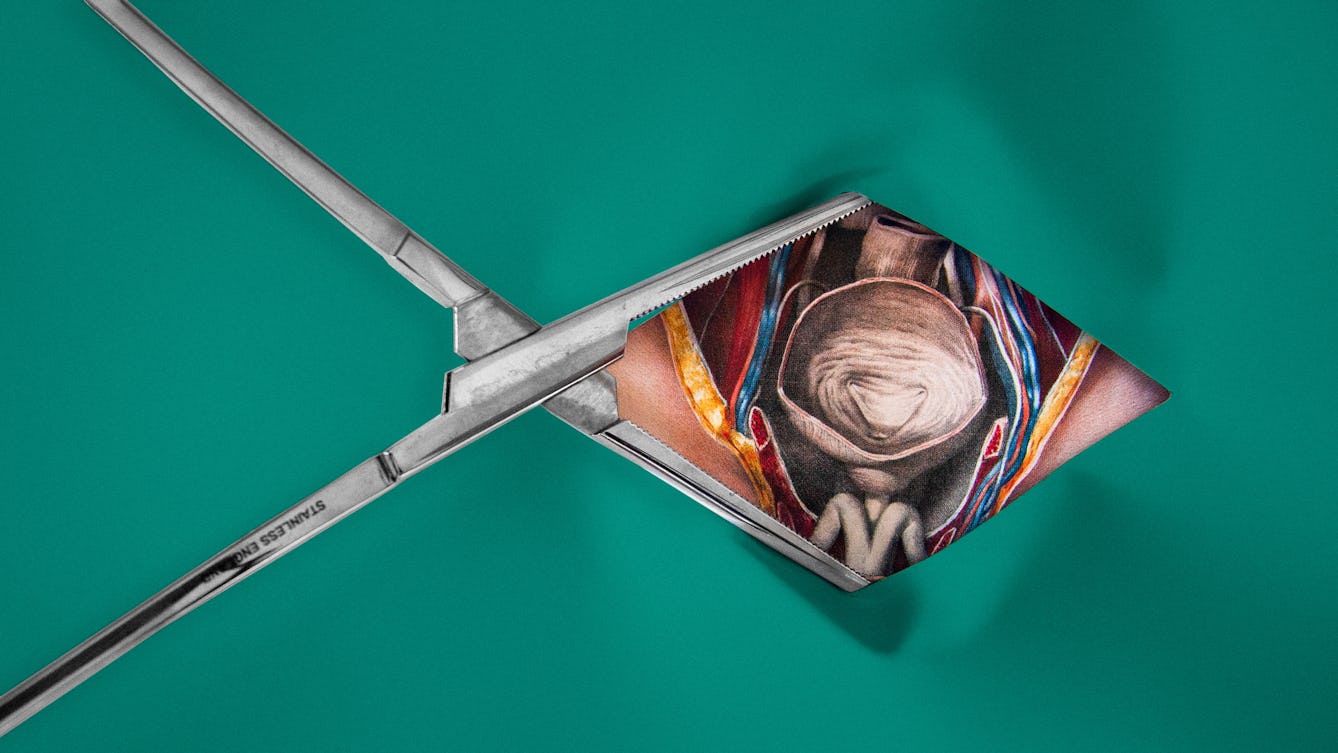
- Article
- Article
The extraction of the excruciating bladder stones
Among those vying to find alternatives to major surgery for bladder stones, young doctor Jean Civiale stood out, painstakingly honing a method that was to become the norm.

- Article
- Article
My illness made me an activist, but now I’m exhausted
Emily Bashforth’s illness made her an advocate but now she’s battling burnout. She argues why we all need to be mental health activists, not just those with lived experience.
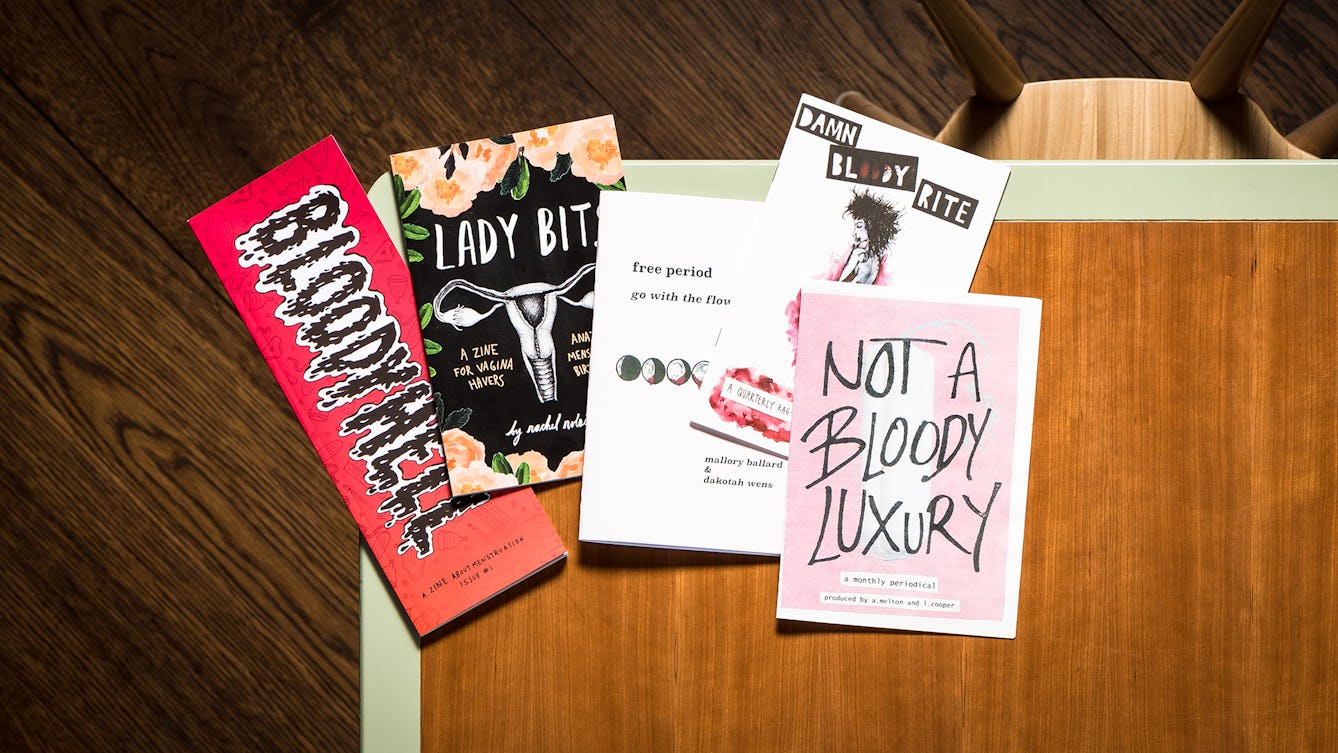
- Article
- Article
Rag mags and monthly issues: Five period zines to stop you seeing red
Using humour, personal experience and political activism to explore the bloody reality of menstruation.
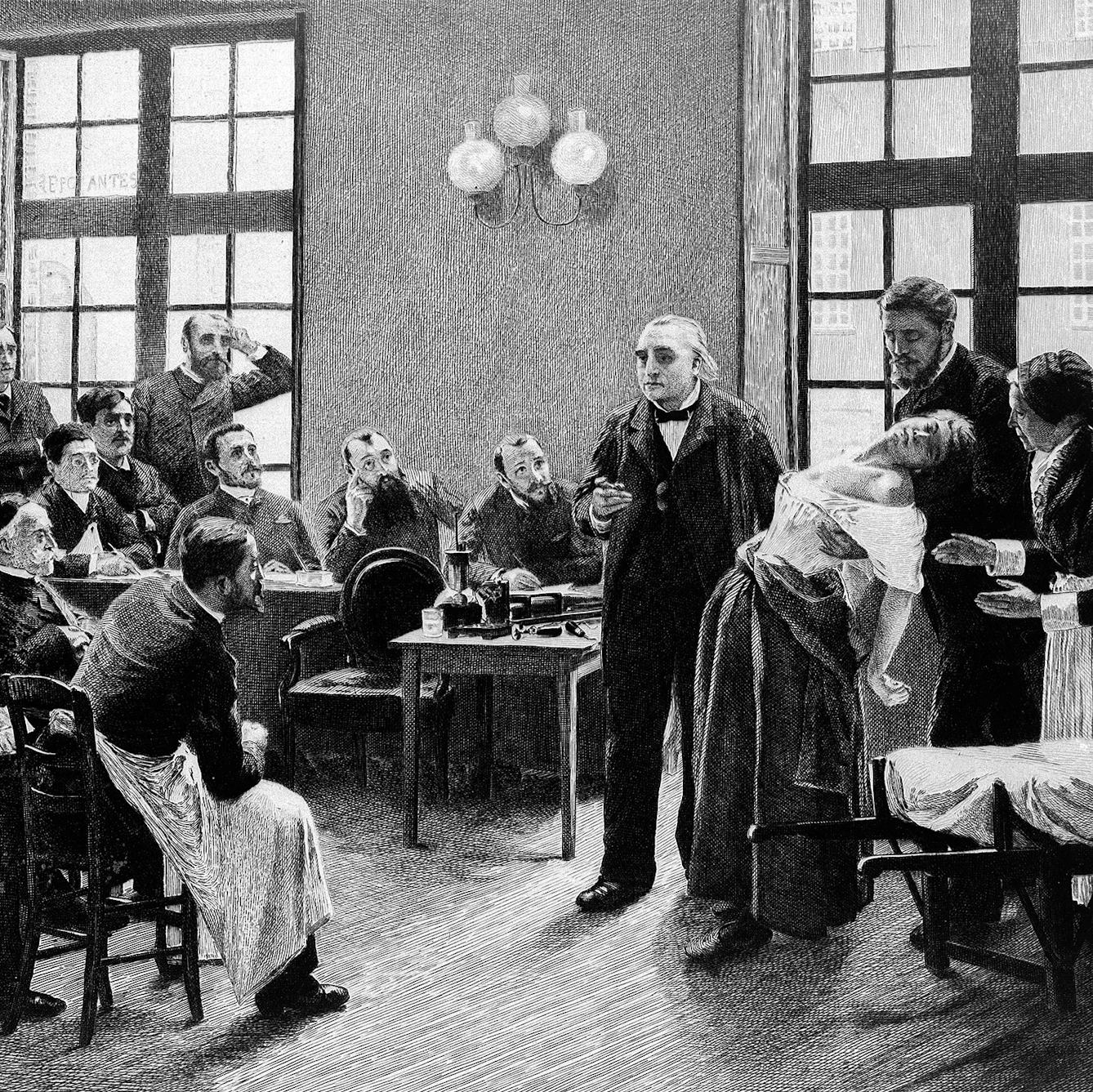
- Article
- Article
What is hysteria?
Hysteria has long been associated with fanciful myths, but its history reveals how it has been used to control women’s behaviour and bodies

- Article
- Article
The healing power of breathing
The healing powers of different breathing methods are said to help with a range of health challenges, from asthma to PTSD. Effie Webb traces their spiritual origins and explores the modern proliferation of breathwork therapies.

- Article
- Article
Fleeing fear, defying prejudice
As teenage refugee Sedra Al-Yousef grappled with rebuilding her life and education in another country, at the same time she used compassion and humanity to demolish populist anti-refugee myths.
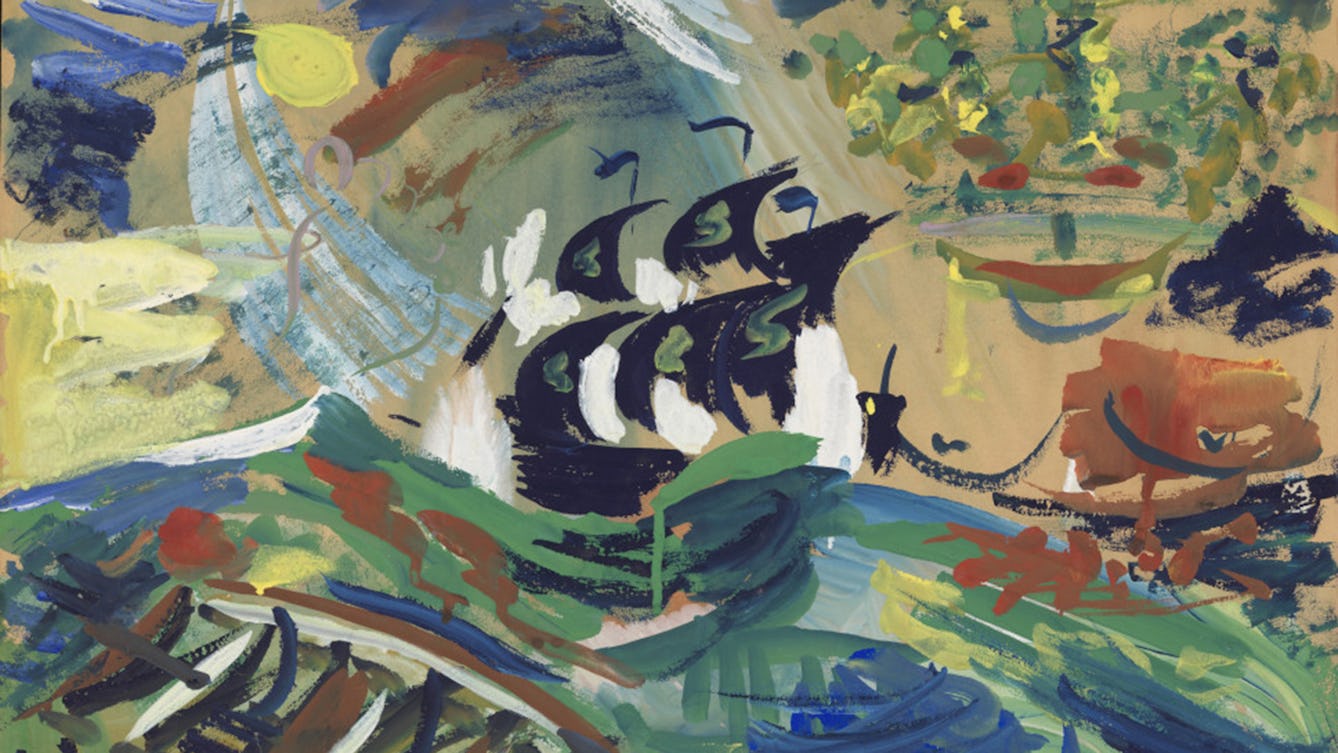
- Article
- Article
Picturing mental health
Ron Hampshire created artworks while resident at Netherne psychiatric hospital. What can we learn from them?

- Article
- Article
What writing myself has revealed
Caroline Butterwick talks to two creators about how lived experience feeds their art, and reflects on her own year of writing about her life.

- Book extract
- Book extract
Ayurveda: Knowledge for long life
The story of medicine in India is rich and complex. Aarathi Prasad investigates how it came to be this way.

- Article
- Article
Providing care across languages
When medics are taught in English but their patients speak other languages, effective communication becomes fraught. Niyoshi Shah explores the linguistic gaps between patient and doctor.

- Article
- Article
Pain and the power of touch
As a new physiotherapist, Fiona Murphy quickly learned that her patients’ pain was unpredictable and very personal. But using the right words became the key to helping them.

- Article
- Article
The boundaries that shape my writing
While writing about her life can be enormously helpful, Caroline Butterwick needs to regularly reassess her boundaries. Here she explores the line between what’s public and what’s private, and how porous that can be.
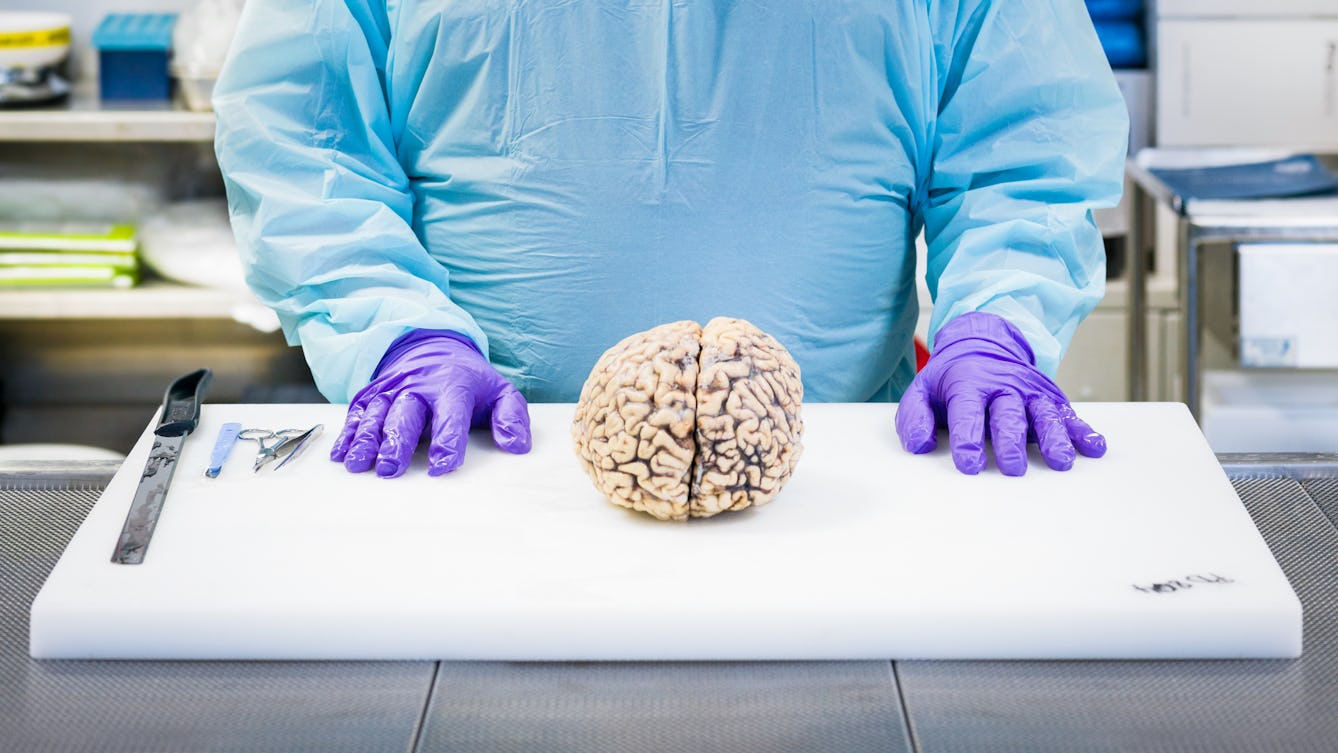
- Article
- Article
The anatomy of a brain dissection
Dissecting the brain after death not only helps confirm a diagnosis, but it can also teach us so much more about the symptoms and causes of brain diseases and how to treat them.
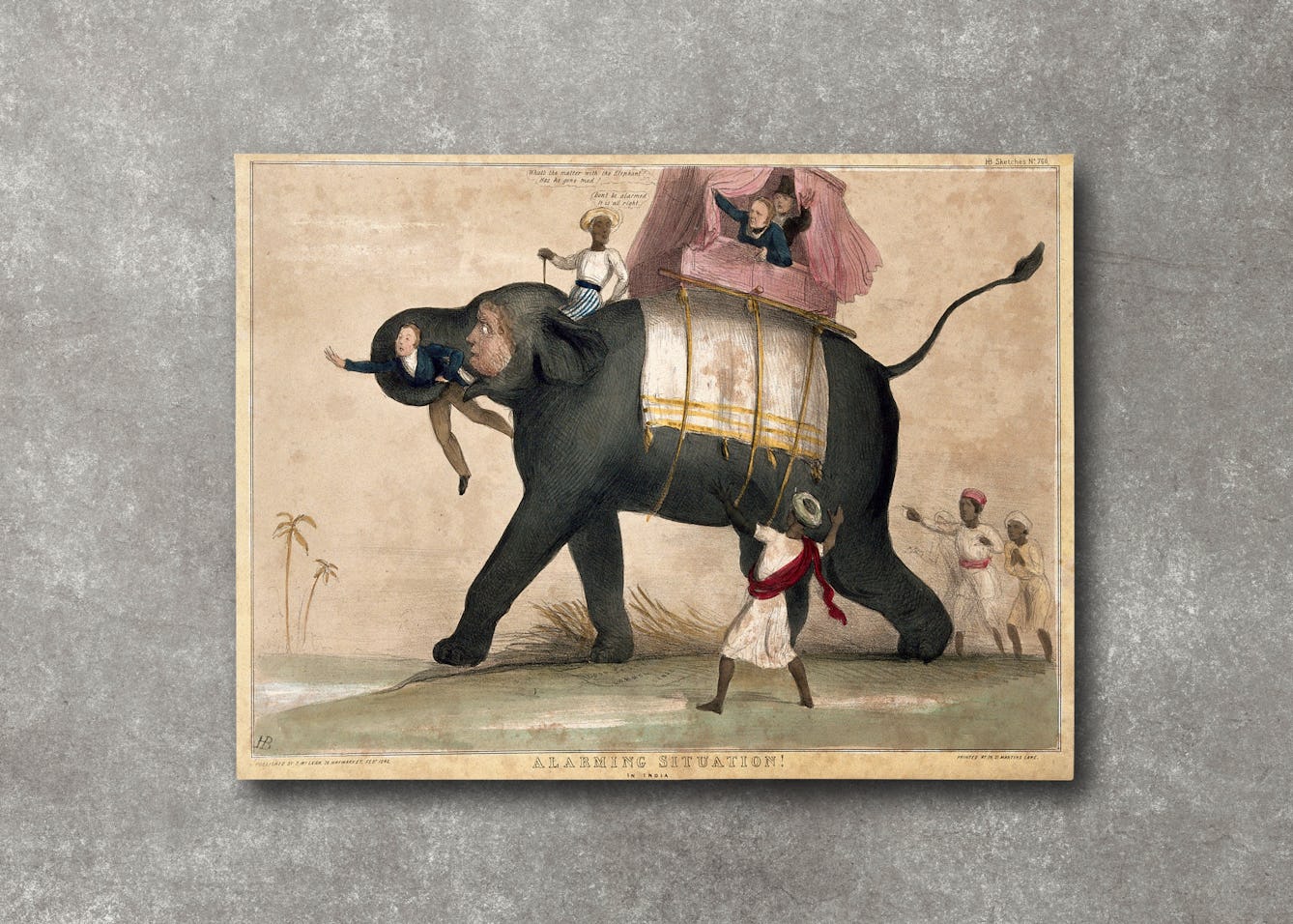
- Article
- Article
Aphasia and drawing elephants
When Thomas Parkinson investigated the history of “speech science”, he discovered an unexpected link between empire, elephants and aphasia.

- Article
- Article
Intelligence testing, race and eugenics
Specious ideas and assumptions about intelligence that were born during the great flourishing of eugenics well over 100 years ago still inform the British education system today, as Nazlin Bhimani reveals.

- Article
- Article
Bringing biotech to the people
Amateur scientists have inspired all kinds of frightening scenarios, from Frankenstein’s monster to ‘The Fly’ and ‘Breaking Bad’. But it can be a force for good. Today’s DIYbio enthusiasts are having fun – and even making lucrative breakthrough discoveries.
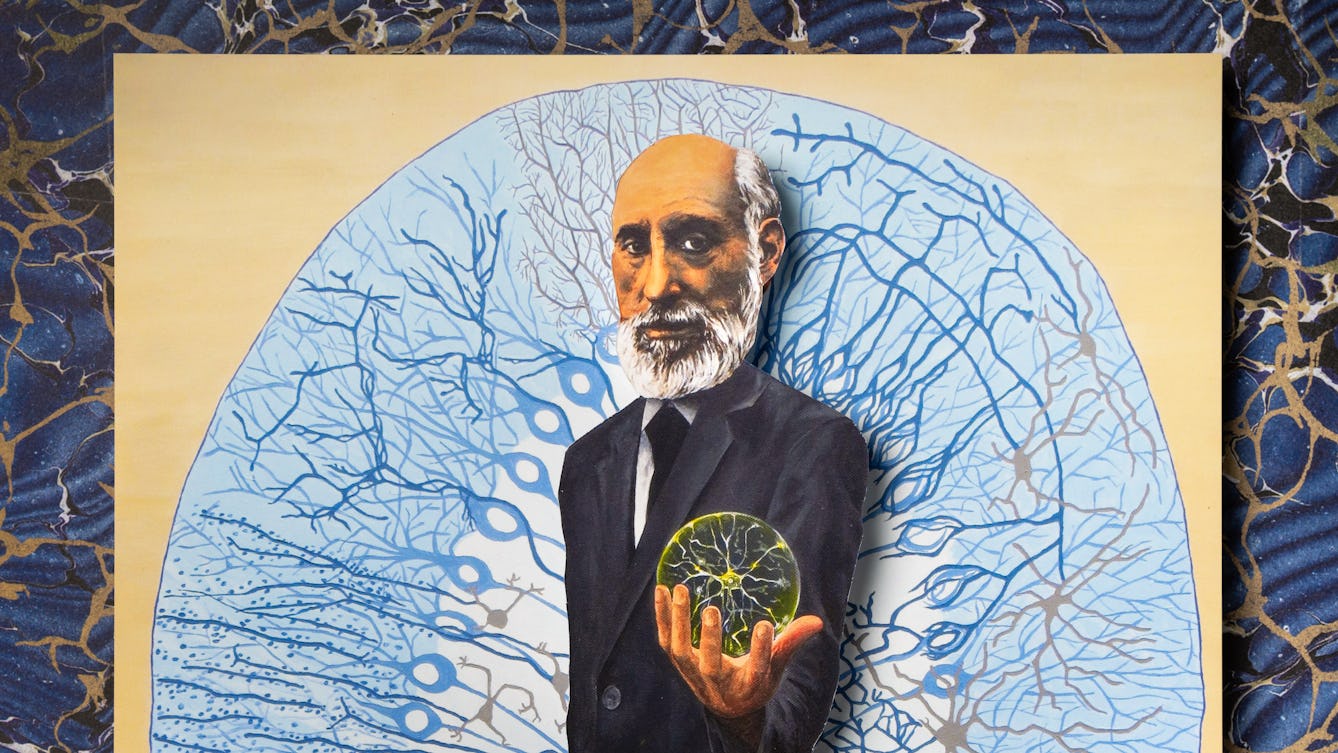
- Book extract
- Book extract
The shape of thought
Santiago Ramón y Cajal’s description of the moment in 1887 when he saw a brain cell for the first time never fails to move neuroscientist Richard Wingate to tears. Here he captures that enduring sense of wonder.

- Article
- Article
Synaesthesia, or when senses overlap
What’s it like to see heartbeats, taste Tube stations or hear paintings?